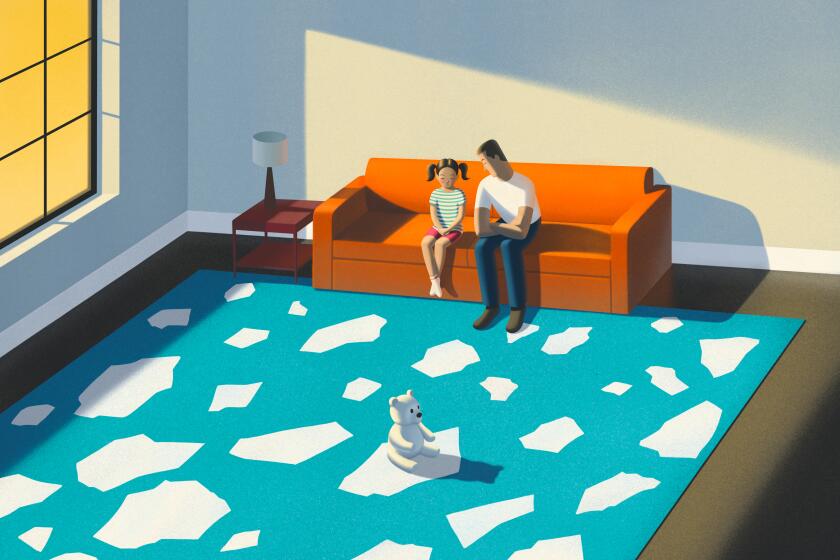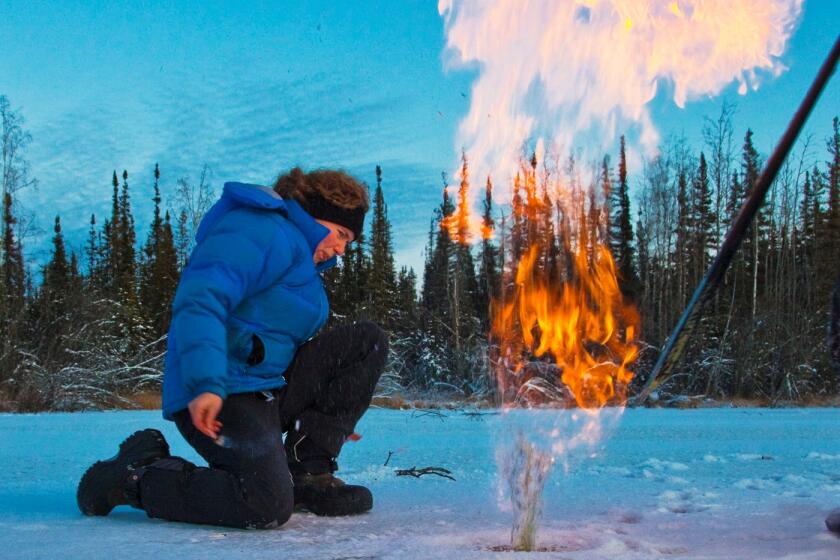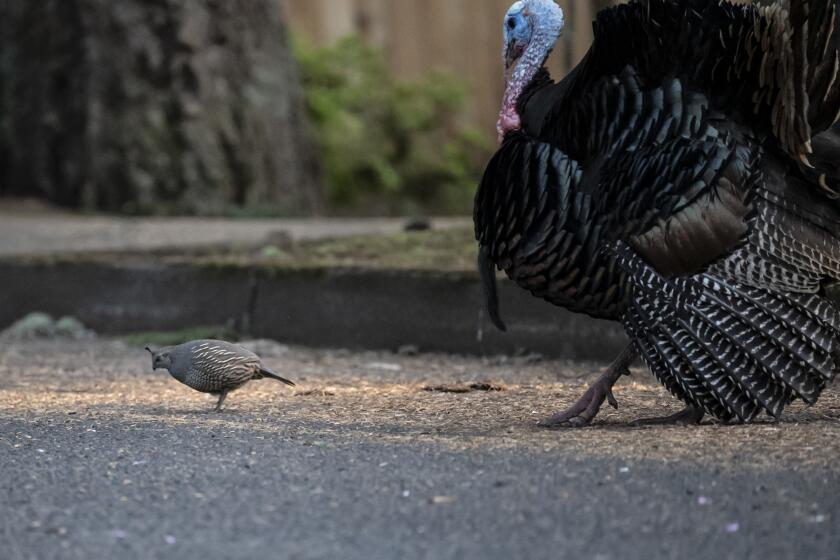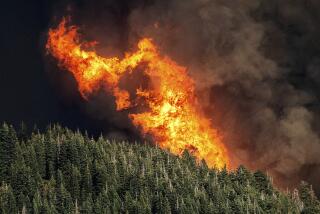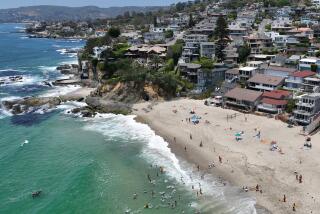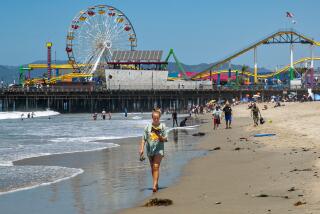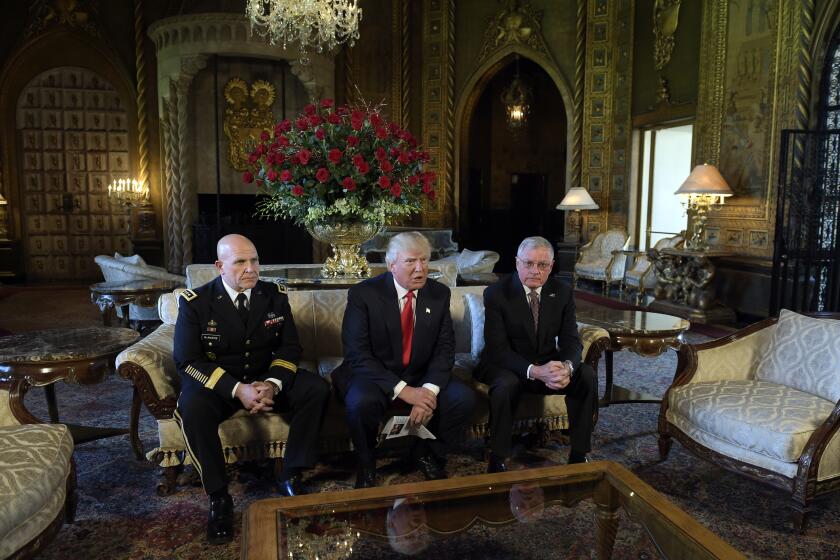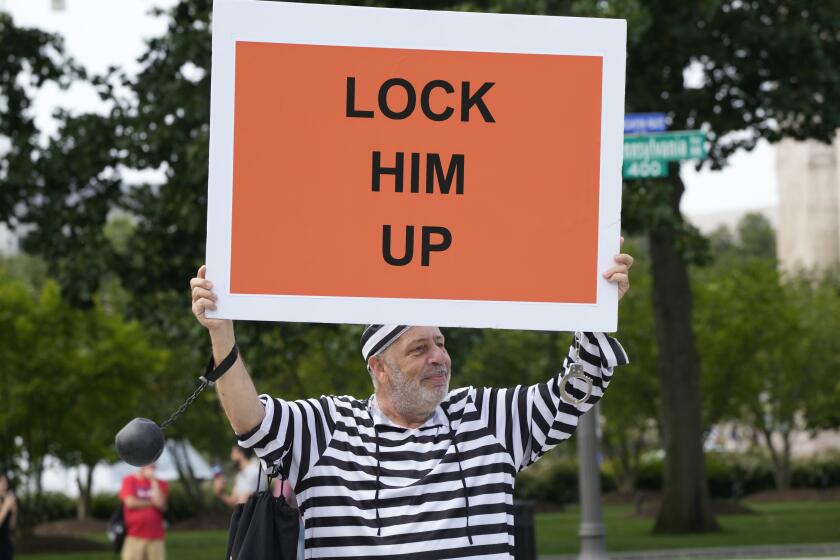Opinion: My teen daughter turned a beach visit into a lesson on protecting the planet
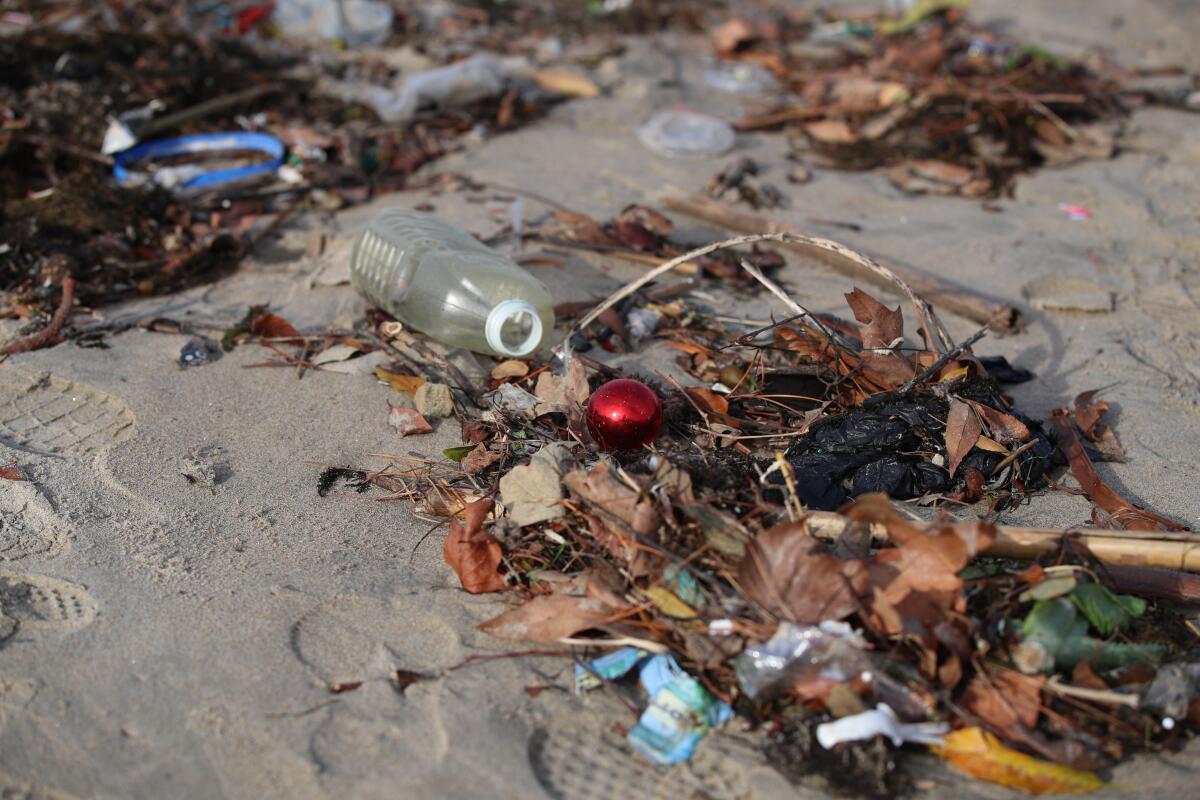
“Is this a bowl of ... moldy tofu?”
I hold the green-furred cubes my 17-year-old daughter had left in our fridge at arm’s length and scowl at her as she scrolls on her phone, surrounded by piles of clothing in various states of cleanliness.
“That’s just intolerable!” I say and stomp out of her room.
My friend Mary, whose kids are in their late 20s, likes to remind me that my daughter’s brain is still growing and that when it’s fully developed, her cognitive skills will include the ability to put her laundry away without repeated reminders.
I get that, yet as I dump the fuzzy tofu into the compost bucket, I mutter, “She’s never going to mature.”
The next month, we’re visiting Point Reyes National Seashore in Northern California. Our daughter reluctantly leaves her phone in the rental car and follows my husband and me down to the ocean. We’re good on a beach, my family. We’ve often traveled to study tide pools, beachcombing for miles in the wind and cold.
I assume that my daughter will head for a rocky outcropping to search for sea stars and anemones. But when I turn around, she’s holding a large trash bag in one hand and is picking colored bits from the sand.
“Microplastics,” she explains when I walk toward her. “That’s just intolerable!”
As an environmental reporter, I write about how climate change is hurting people and the planet. But at home, I’ve struggled to talk about it with my own daughters.
I shouldn’t be as shocked as I am. Over her lifetime, we’ve done beach cleanups with the Oregon nonprofit SOLVE and helped create giant whimsical sculptures out of beach trash with the Washed Ashore project. My daughter left high school two years early to study marine biology at community college. I have to beg her to clean out the cats’ litter boxes, the chicken coop, her backpack. But here she thrusts an abandoned bucket my way and I reach to disentangle an empty water bottle from kelp.
We move down the beach, the three of us, silently bending to retrieve glass and plastic in every conceivable color, filling our bags. People look at us as they stroll by, some likely thinking, “That’s all very well, but tomorrow, the tide’s going to bring in a new batch of garbage.”
I know this, too. But I think of a story my husband has told about a boy who finds hundreds of sea stars stranded on a beach and begins tossing them, one by one, back into the ocean.
“You’ll never save them all!” an adult tells the boy. “Your efforts don’t matter.”
The boy merely picks up another five-armed creature. “My efforts matter to this sea star,” he says and tosses it into the ocean.
Take it from a permafrost scientist who takes her kids on research expeditions: There’s a way to talk to children about global warming that encourages inquiry rather than despair.
An hour into our unplanned cleanup, I discover the pièce de résistance — a naked, black-haired baby doll positioned at the edge of a sand dune looking toward the sea.
“Moana!” I cry and present her to my daughter, who rolls her eyes.
“Ridiculous,” she says. “But we should bring her along. We don’t want a whale to choke on her.”
As we walk back toward the car with our trash, I can’t blame people for staring. I have a bulging plastic bag and a naked doll. A giant piece of fencing threatens to engulf my husband. Our daughter carries her trash bag and the bucket while trying to roll a car tire up the sandy path. We deposit the rubbish in bins at the trailhead — bins I hadn’t noticed when we began our walk but that my teen had registered along with the sign urging visitors to help clean up the beach.
Nearly seven years after my mother’s death, watching an abandoned bird find a new family in my Oregon neighborhood reminded me there’s courage in moving forward.
I’m often tempted to shake my head at my daughter’s smartphone addiction. But she spends much of her time on her device learning about environmental concerns. Many young people are madly in love with the Earth; don’t let anyone tell you otherwise. We live in the city that birthed Our Children’s Trust, the nonprofit law firm helping kids around the world fight for climate safety. More and more universities are creating climate change programs to meet the demands of incoming students. My daughter hopes to become a maritime activist and work on a boat, helping protect whales from spearfishing.
We head back to our hotel, Moana riding atop the dashboard. My husband reaches for my hand and smiles at our daughter in the rearview mirror. “We should go clean up another beach next weekend,” she says.
“Agreed,” I reply. “From now on, I’ll carry a trash bag with me.”
“And gloves,” my husband adds.
Our daughter is all right — better than all right. But I still draw the line at the bowl of moldy tofu. That’s just intolerable.
Melissa Hart is a writer in Eugene, Ore. Her most recent book is “Better With Books: 500 Diverse Books to Ignite Empathy and Encourage Self-Acceptance in Tweens and Teens.”
More to Read
A cure for the common opinion
Get thought-provoking perspectives with our weekly newsletter.
You may occasionally receive promotional content from the Los Angeles Times.
